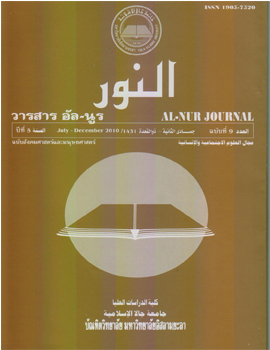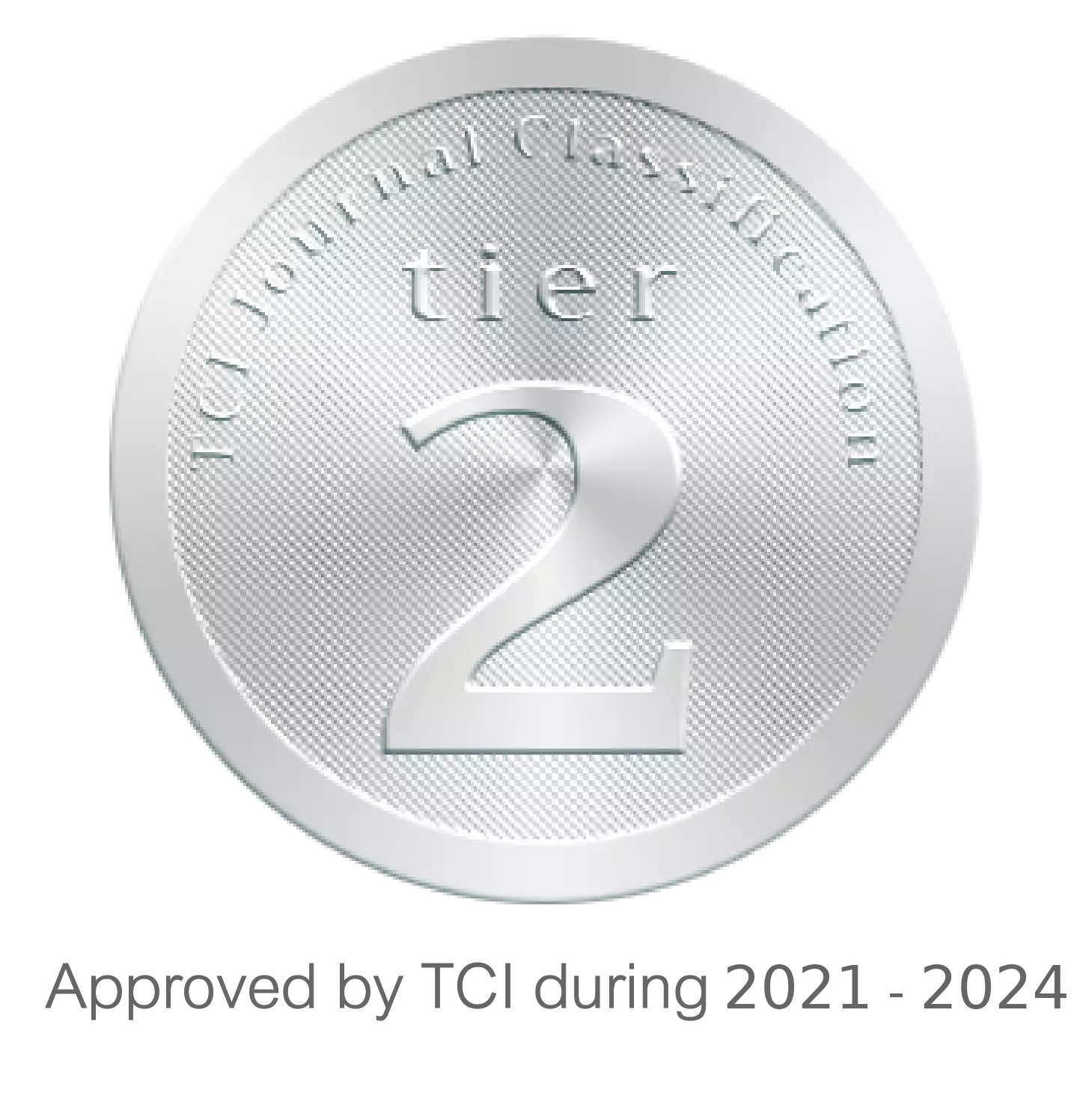Students’ Attitudes toward their Arabic Language Use at Islamic Private Secondary Schools in Yala Province, Southern Thailand
Abstract
Self-evaluation plays a key role in fostering learning in second language (L2). When students self-evaluate their performance positively, they will be encouraged to set higher goals and achievement. Based on Chomsky and Wilkins, learning of a L2 involves ‘language use’ through speaking and writing skills (productive skills). Students in private Islamic secondary schools in Yala province, study Arabic language as a core subject. However, at the end of secondary school education, most of the students cannot use Arabic for communication. The main purpose of this paper is: to identify the most effective factors that motivate the students towards their Arabic use. Questionnaire was utilized to collect the data from 304 sampled Form III-Upper students, in 5 schools, using 5-points Likert-type scale (attitude-scale). SPSS, ANOVA, Mean, frequencies (f), and percentages (%) was employed to analyze the data. The study found that; (1) 3 factors considered highly effective for motivating Arabic use, (2) 5 factors found of Moderate effects, and (3) 8 found of Low effect. The overall performance is “Low”, or “Poor”.
Keywords: Arabic language, Islamic Private Secondary Schools, Southern Thailand



